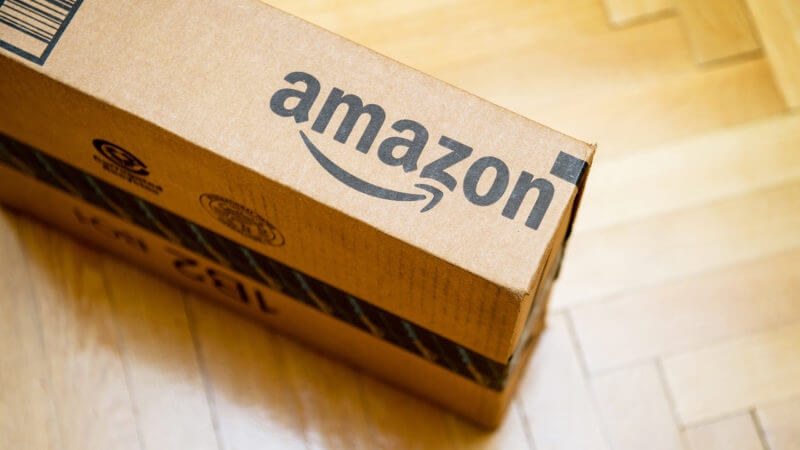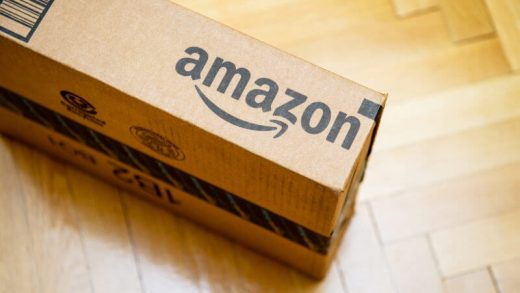What’s the real strategy behind Amazon’s acquisition of Ring?
For the CMO of CDP Treasure Data, it’s not just ‘the last mile.’ It’s really about more data to completely map the consumer experience.

Yesterday, one of Amazon’s venture funds ponied up money for smart thermostat maker Ecobee.
Last week, the e-commerce giant announced its second-biggest purchase ever after Whole Foods, the acquisition of video doorbell/smart home vendor Ring.
And, in December, Amazon bought home security vendor Blink.
What’s going on here?
Many Amazon-watchers are assessing the Ring acquisition as one more step toward control of the last mile of delivery. That is, Amazon packages left on doorsteps sometimes get stolen, or there are mismatches between delivery time and when someone is home.
By making smart home — and especially smart doorbell — technology part of its empire, that thinking goes, Amazon can coordinate the delivery path. Perhaps smart home tech can be integrated with your delivery, helping to let you know when it’s there, or perhaps the tech might even let the delivery person in when you’re not there.
Sure, says Rob Glickman, CMO of customer data platform Treasure Data, controlling the last mile is likely part of the strategy. But it’s only “a small piece.”
It’s really about Amazon’s strategy to completely understand consumer behavior, he said. In other words, filling out the data about how you live your life.
Amazon has a “deeper understanding of consumers than any other company,” he said, based on its enormous retail operation. Holiday sales in 2017 on Amazon, for instance, accounted for an astounding 89 percent of all sales for major e-commerce providers.
Their moves into so many fields — video, music, computer infrastructure, Whole Foods, intelligent speakers and many more — show that they are primarily “in the consumer expectation business,” Glickman said. They want to know — and perhaps predict — what your tastes are, across the board.
Two words: Subscription services
Companies like Ring, Blink and Ecobee, he said, help to round out the picture of the way consumers lead their lives. Amazon wants to be the dominant force in the entire consumer experience, he said, describing the Ring acquisition as a “genius” move.
Especially since their smart home offerings will be integrated with their intelligent Alexa voice agent, Amazon will now be able to develop a much more detailed view of consumers’ home life, both in the aggregate and, with permission, for identified individuals.
And the bigger their integrated data footprint, the bigger their leverage in selling more integrated products and services. Google, of course, is their biggest competitor in this direction.
If your Amazon Echo can orchestrate your smart home, coordinate with your deliveries, understand your TV viewing and music choices, track the food you like to buy, have a history of the products you buy online and so on — well, it becomes possibly the most useful member of your household.
Useful, because it knows what you and your household like, and it can predict what you need. This is a new dimension in marketing, what you might call a lifestyle graph, but one that blends offline living with online living via wraparound data.
Glickman said the usefulness of such a detailed graph really becomes evident when you consider that Amazon’s “fastest growth engine is their subscription services,” such as Amazon Prime, Prime Video, Amazon Music and so on.
“Subscription services are where the [consumer] money is moving,” he said. Not coincidentally, Emobee, Ring and Blink are subscription services.
So, if this is their big strategy, what is their next acquisition play?
I would vote for them buying a set-top box maker, or IFTTT, or something that extends their reach into the home. But Glickman thought that was “thinking too small,” and he speculated that Amazon would sometime soon reach out to pick up a major telecommunications provider or a large provider of Internet of Things services.
Marketing Land – Internet Marketing News, Strategies & Tips
(45)



